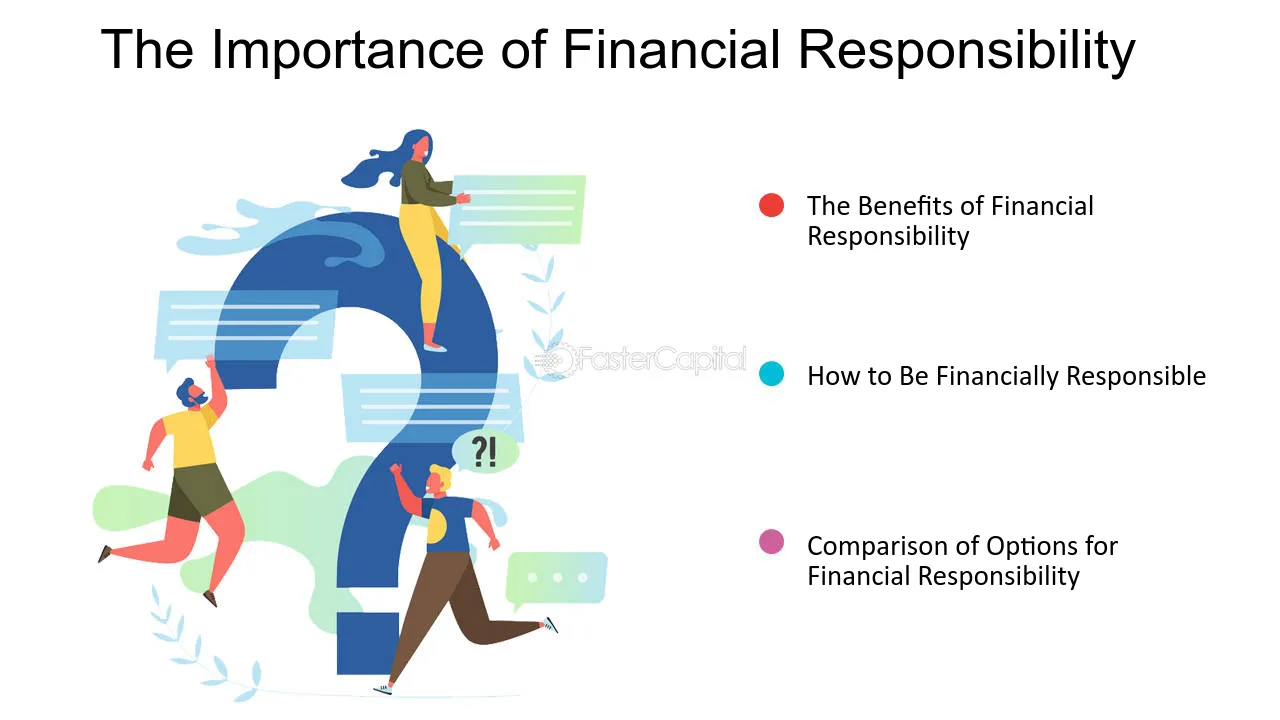Your 20s are full of firsts — your first job, first apartment, maybe your first car or student loan payment. It’s also the decade where your money habits are built. The financial choices you make now may seem small, but they can shape your life for the next 30–40 years.
As someone who made a mix of smart and not-so-smart choices in my 20s, I’ve seen both sides of the coin. This isn’t just another list of things you should do — it’s a collection of practical, doable steps that genuinely make a difference.
Let’s dive into the 10 smartest money moves to make in your 20s while living in the U.S.
1. Start Budgeting — Even If You Think You Don’t Need To
When I got my first paycheck, I felt rich. But within weeks, I’d be broke again. What changed everything was a basic monthly budget. It didn’t restrict me — it gave me freedom.
How to Do It:
- Use a budgeting app like YNAB, Mint, or EveryDollar.
- Follow the 50/30/20 rule: 50% needs, 30% wants, 20% savings/debt.
- Track where every dollar goes, especially during the first 3 months.
2. Start Building Credit (Responsibly)
Your credit score affects your ability to rent an apartment, get a car loan, or even land some jobs. The earlier you start building good credit, the better.
Smart Credit Moves:
- Get a starter credit card (secured if necessary).
- Use it for small purchases, and pay in full every month.
- Don’t max it out — keep utilization below 30%.
Your future self will thank you when it’s time to get a mortgage or refinance a loan.
3. Create an Emergency Fund
Life is unpredictable. Your car breaks down. Your job lets you go. You suddenly need to fly home. If you don’t have savings, you’ll rely on credit cards — and that can spiral.
Goal: Build 3–6 months of basic living expenses.
Start small:
- Open a high-yield savings account (Ally, SoFi, Discover Bank).
- Auto-transfer $25–$100 from each paycheck.
- Treat it like rent: non-negotiable.
4. Tackle Student Loans Strategically
If you’re one of the 43 million Americans with student loans, don’t ignore them — but don’t panic either.
Smart Steps:
- Know exactly what you owe and your repayment options.
- Consider income-driven repayment if your income is low.
- Explore federal forgiveness programs if eligible (like PSLF).
Bonus tip: Paying even a little extra each month can knock years off your loan.
5. Start Investing — Even If It’s Just $20 a Month
You don’t need to be rich to start investing. Time is your biggest asset. A small amount invested in your 20s grows way more than a large amount later in life.
Start With:
- A Roth IRA: Invest post-tax dollars, withdraw tax-free in retirement.
- A 401(k) if your employer offers one — especially with a match.
- Use apps like Fidelity, Schwab, or Betterment for low-cost investing.
I started with just $50/month in a Roth IRA and ignored it. Five years later, I was shocked at the growth.
6. Avoid Lifestyle Inflation
As your income rises, it’s tempting to spend more — better car, fancier apartment, daily DoorDash. That’s called lifestyle creep, and it’s a trap.
What I Learned:
- Give yourself small upgrades (nicer shoes, occasional treat), but don’t raise every category of spending.
- Pretend like you’re still making your entry-level salary and invest the difference.
7. Understand Insurance (and Actually Get Some)
Insurance isn’t exciting, but it’s essential. One car accident or health emergency can ruin you financially.
Must-Have Coverages:
- Health insurance (through work, ACA, or parents).
- Renter’s insurance: Usually under $20/month, protects your stuff.
- Car insurance: Shop around for rates yearly.
- Disability insurance (if offered through your job): Protects your income.
8. Learn Basic Tax Strategy
Taxes aren’t just about filing in April — they affect how much you actually keep from your paycheck.
Know These Basics:
- What tax bracket you’re in.
- How to adjust your W-4 to avoid huge refunds or underpayment.
- What tax credits/deductions you qualify for (student loan interest, IRA contributions, etc.)
Consider using a tax app like TurboTax, or even better — sit with a CPA once and learn.
9. Start Building Multiple Income Streams
In your 20s, your time and energy are your biggest assets. Consider starting a side hustle, freelance gig, or passive income stream.
Ideas:
- Freelancing (writing, design, coding)
- Selling printables or digital products
- Affiliate blogging or YouTube
- Tutoring online
Don’t expect to get rich overnight, but even $200/month can help with debt or savings.
10. Invest in Yourself
Courses, certifications, books — spending money to learn skills that raise your earning potential is often the best investment you can make.
What I Did:
- Took an online course in digital marketing — helped me land a better-paying job.
- Read books like “I Will Teach You to Be Rich” and “The Millionaire Next Door.”
- Learned negotiation skills — and used them to raise my salary twice.
Rule of Thumb: If a $300 course helps you earn $1,000 more a year, it’s worth it.
Final Thoughts: Your 20s Set the Foundation
Most people wait too long to think seriously about money. If you’re reading this now — whether you’re 21 or 29 — you’re already ahead.
Don’t aim for perfection. Just start where you are. One budget, one Roth IRA, one emergency fund deposit — and you’re already on the path.
In your 20s, the smartest money move isn’t necessarily making more — it’s learning how to manage what you have. Do that right, and your 30s, 40s, and beyond will feel a lot lighter.
